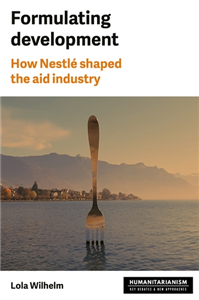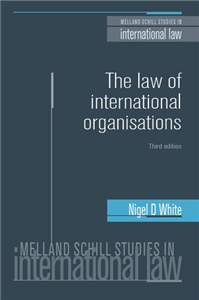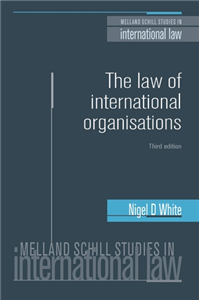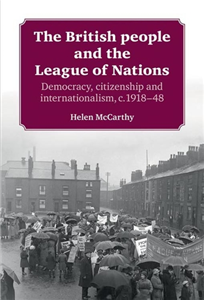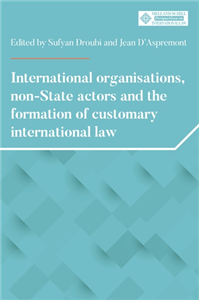The values of international organizations
by James D. Fry, Bryane Michael, Natasha Pushkarna
Since the mid-nineteenth century, international organisations have been seen to provide a formal channel of interstate cooperation, responsible for enshrining a series of common principles and values. Representing the largest statistical census of founding charters to date, this book puts these values to the test, assessing whether the principles of international organisations are as widely shared as has been previously believed. Using a database of nearly 200 treaties, the authors find a range of complex differences between the values upheld by international, regional, and peacekeeping organisations. A useful complement to any course on international organizations law, this book helps moderate the exaggerations often used by scholars in the field and provides a useful source of data for anyone studying this dynamic area of international law.










